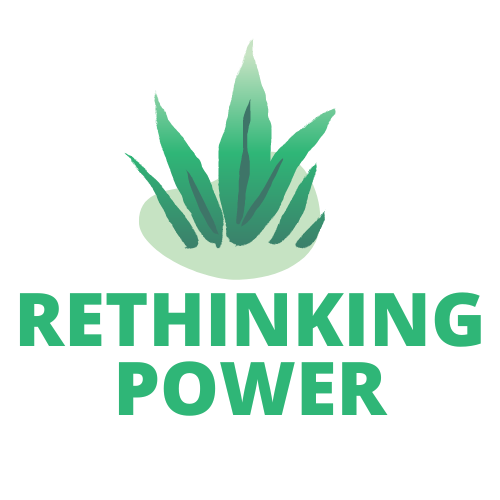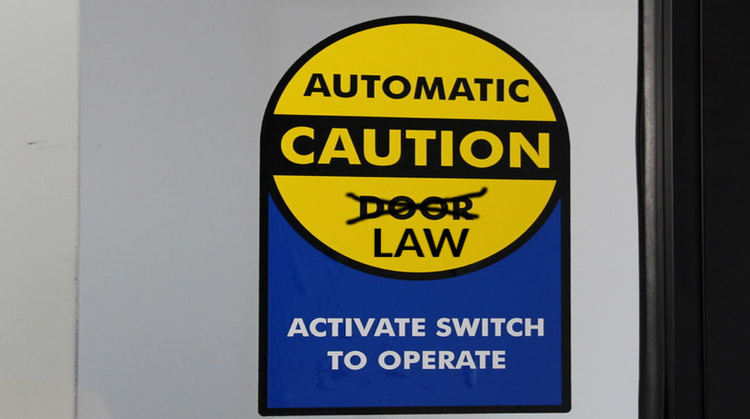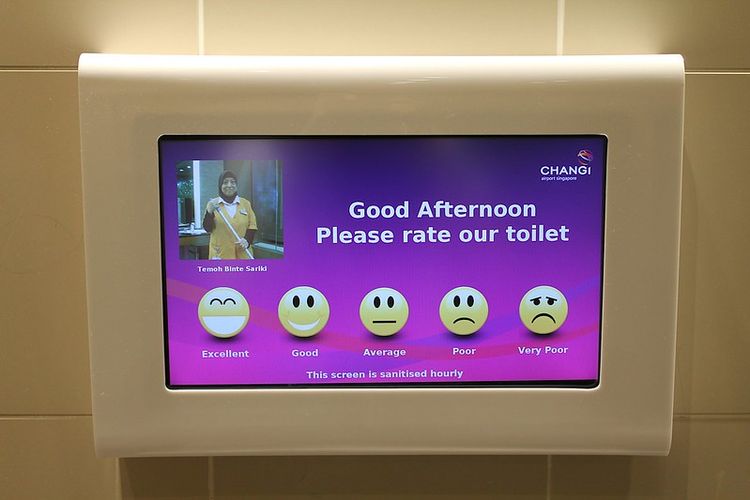The Privilege of Play
Every person, and every organization, should be capable of both play and worry. The problem arises when people get stuck in their roles.
Play and Consequences
What makes play different from work? Freedom from external consequences.
Code as Contestable Law
If code is law, and law can be disobeyed, how can we make code more contestable?
How Feedback Loops and Interpretive Labor Help Us Develop Better Software
Ideally, interpretive labor performed by users informs subsequent software design. What structural choices facilitate this?
The Politics of Feedback in Software Development
Software development happens on multiple levels, from UX to international law. Authoritarian systems block feedback from flowing between levels.
Technology, Constraint, and Control
A lack of physical constraint grants digital technologies incredible flexibility. It also severs crucial informational pathways, without us noticing they're gone.
Five Reasons People Don't Give Feedback
Without good feedback mechanisms, systems cannot discover or address their flaws, and they become dysfunctional.
Interpretive Labor: Bridging the Gap Between Map and Territory
Interpretive labor is the work of bridging an abstract model and the underlying reality. Privilege and power determine who does that work.
Whose Context Counts?
High modernism favors the abstract and planned. It sees local context—complexity, contingency, individual needs—as flaws to be swept away.
Mistakes Were Inevitably Made
Trying to prevent failure, instead of creating spaces to learn from it, can paradoxically make systems even more dangerous.










